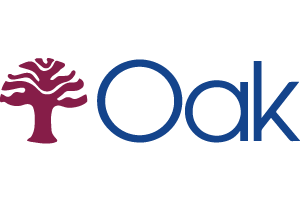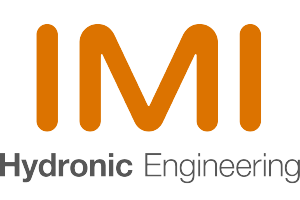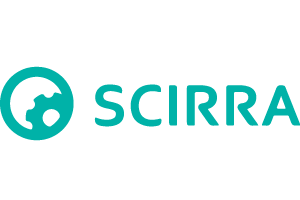AWS & Azure support,
consultancy & implementation services
We specialise in both AWS & Azure cloud platforms. We have built our expertise over many years and have dedicated teams for both AWS & Azure.
With IG CloudOps as your cloud partner, you can trust that your cloud infrastructure will be effectively managed and optimised, allowing you to focus on your core business objectives and drive innovation with confidence.
Since 2010, IG CloudOps has supported companies as they have moved to the cloud. If you want to find out more about our history, read the full story here.
Cost Management
We can help you manage costs and improve performance
Support
Our dedicated UK based teams, can extend your IT Team and help manage and maintain your cloud
Security
We provide security hardening with risk monitoring and logging. Including penetration testing
Consultancy
Our experienced consultants analyse, plan, deploy and support your cloud
Architecture
Our certified architects develop the right architecture for the cloud balancing efficiency and cost
Managed Services
Cloud management and support services for your cloud infrastructure
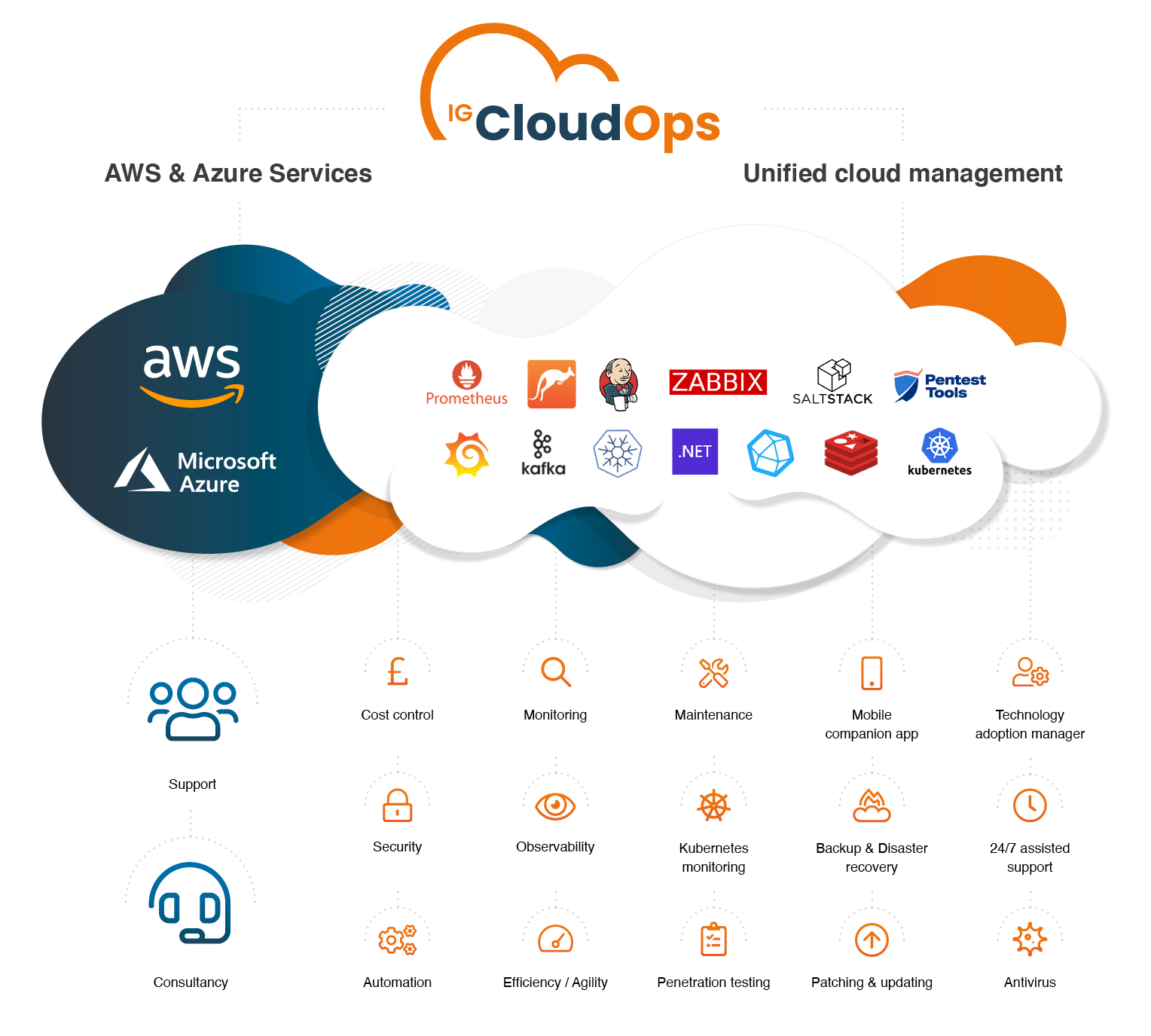
“The ability to access a specialist team who understand AWS & Azure, the aims and objectives of our business, and what our customers need is a winner every time."
"With IG CloudOps, we are working with experts who are capable and responsive to our needs and requirements enabling us to deliver enhanced performance to our customers.”
Our partners & certifications
What do our customers say?
“The IG CloudOps culture of approachable professionalism has been a great match with my team."
"Also, their ‘can do’ attitude with a pragmatic approach to problems has enabled us to move our product roadmap forward.”
“IG CloudOps had the knowledge and expertise we needed and they were able to demonstrate how they would support our development team quickly and efficiently through their cloud management solution, CloudOps.”


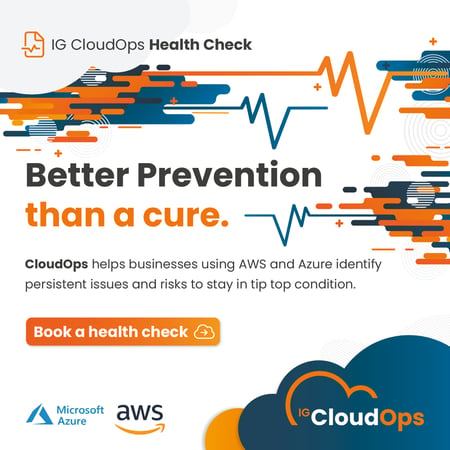

.png?width=120&height=120&name=software%20(2).png)







